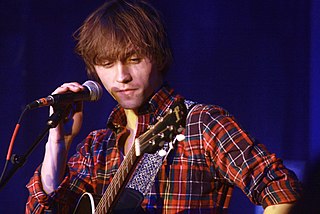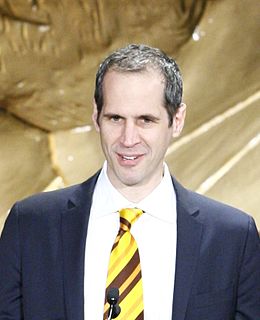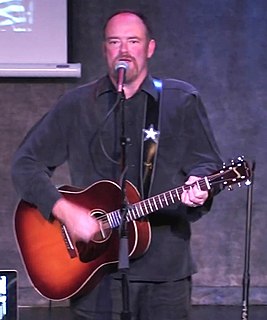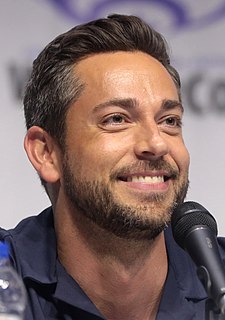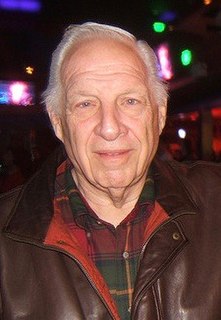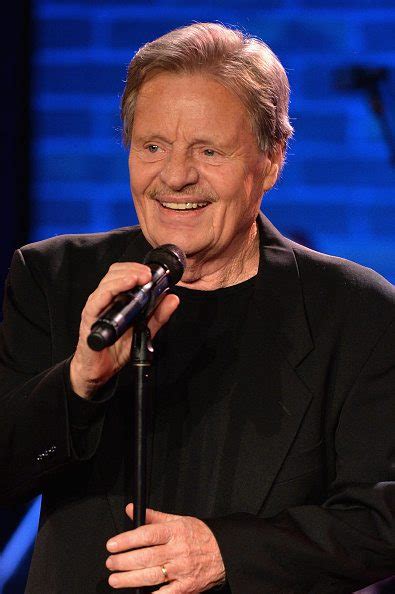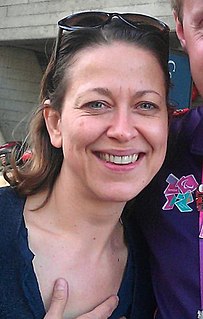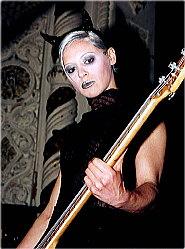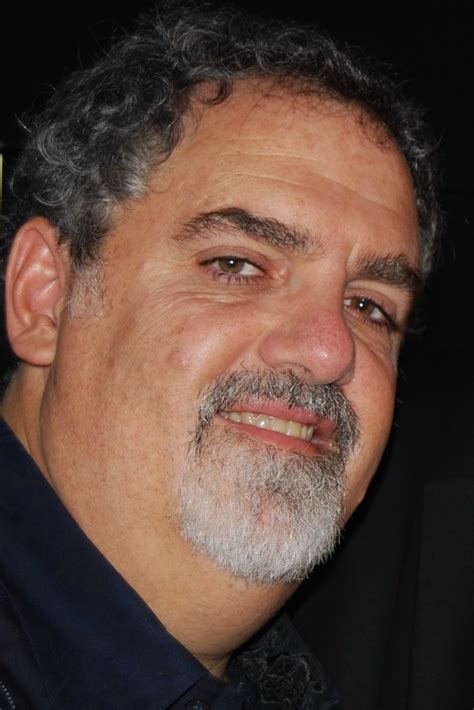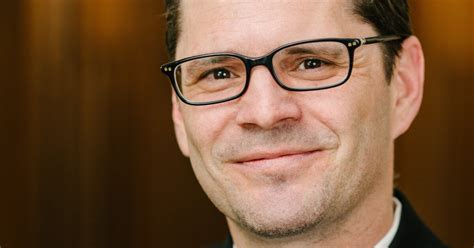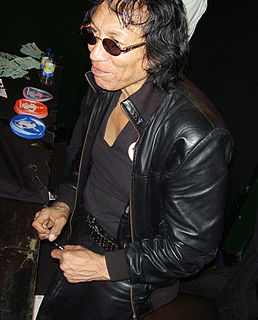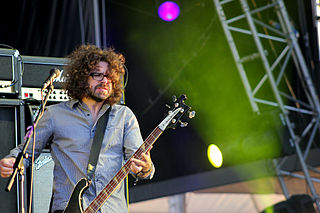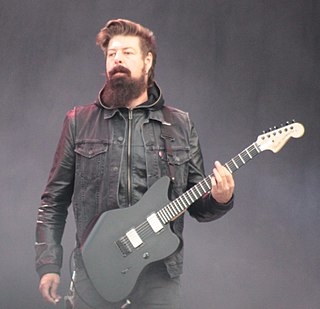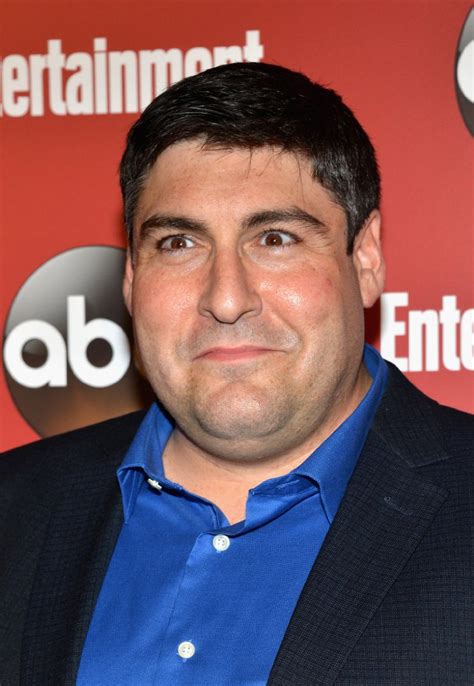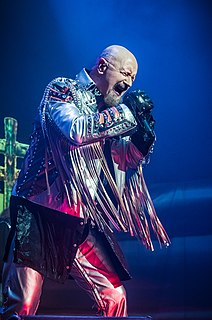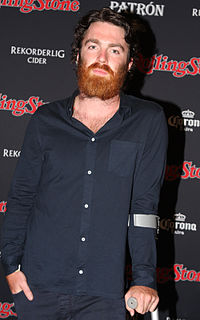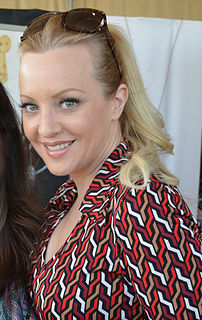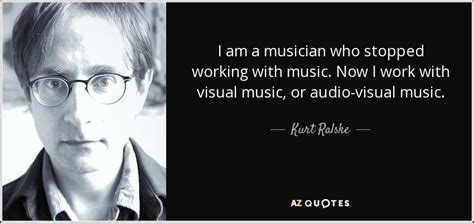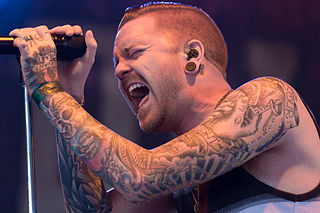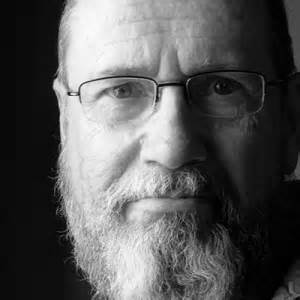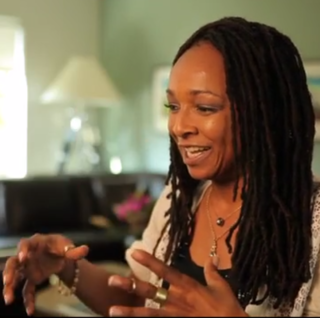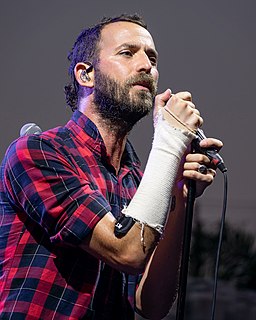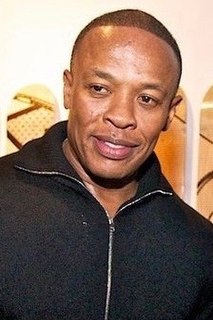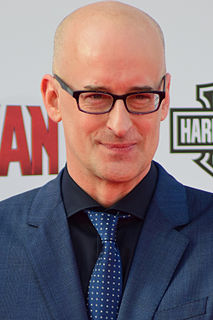Top 1200 Audio Recording Quotes & Sayings - Page 2
Explore popular Audio Recording quotes.
Last updated on April 16, 2025.
Soundgarden signing to a major, then Mother Love Bone, and seeing the same happen to Alice in Chains. We were all suddenly making music and recording at the same time, and we had money to do it. It wasn't like a $2,000 recording that you do over a weekend. It's like, 'Wow, maybe this will be our job.'
Sour Patch, Swedish Fish. I love candy, man. I can't go without candy. And when I'm recording, I always have a TV on with cartoons - on mute, though. When I'm recording, I like to look at the TV now and then and see some crazy, wacky stuff. When you're thinking creative, it just keeps you creative. Everybody got their way of making music.
There is only one thing a writer can write about: what is in front of his senses at the moment of writing... I am a recording instrument... I do not presume to impose "story" "plot" "continuity"... Insofar as I succeed in Direct recording of certain areas of psychic process I may have limited function... I am not an entertainer.
The first rap I recorded was on Jeezy's 'White Girl' beat. One of my partners invited me to his studio, so I go. I wasn't planning on recording, we were just messing around. And I started recording a song, just a freestyle. Back then, Jeezy was going so hard, that's what everyone was on. That's what me and my partners in the trap would listen to.
I love songwriting ! It's my Number One passion other than performing. Well, actually it's like wearing three different hats: songwriting, recording and performing. They're all completely different and draw on different types of skills. With recording, there are so many different phases of production, and you have to be very careful because you can polish it until it doesn't shine.
The modern recording studio, with its well-trained engineers, 24-track machines and shiny new recording consoles, encourages the artist to get involved with sound. And there have always been artists who could make the equipment serve their needs in a highly personal way - I would single out the Beatles, Phil Spector, the Beach Boys and Thom Bell.
What’s happened is that, almost overnight, we’ve switched from democracy in real-property recording to oligarchy in real-property recording. There was no court case behind this, no statute from Congress or the state legislatures. It was accomplished in a private corporate decision. The banks just did it.
I saw Damien Rice in Dublin when I was 13, and that inspired me to want to pursue being a songwriter... I practised relentlessly and started recording my own EPs. At 16 I moved to London and played any gigs I could, selling CDs from my rucksack to fund recording the next, and it snowballed from there.
The thing is that I have a really intense, almost compulsive need to record. But it doesn't end there, because what I record is somehow transformed into a creative thing. There is a continuity. Recording is the beginning of a conceptual production. I am somehow collapsing the two - recording and producing - into a single event.
After discovering the Ramones, I discovered really crude ways to multi-track by taking another cassette recorder and plugging that into the eight-track, playing it back, so that as I was recording with the mic in my guitar, I could have another cassette player I had recorded on feeding into the recording.
I'm from the generation that's always been recording, from the very beginning. I learned to play the guitar on the four-track. I started listening to music at a time when people were doing recording at home, when the discussion about songwriting correlated to the discussion about producing and engineering. I think that's a description of my generation.
Artists should re-emphasize performance and de-emphasize recording. You always make more money if you have a healthy performing life than you will if you have even a moderately healthy recording life. Don't make recording the most important thing you do. Make performing the most important thing you do, and then you can make recordings and sell them at your shows, because record labels aren't going to be around to help you get on the radio stations, and the radio stations probably aren't going to play you anyway.
Recording studios are filled with technology. They are set in their ways. And to update them means you'd have to change them back. That would be my idea of upgrading. And this will never happen. As far as I know, recording studios are booked all the time. So obviously people like all the improvements. The more technically advanced they are, the more in demand they become.
Everything has changed since I started recording in 1972. But the very things that have opened this industry, like the digital platforms to reach more people, have also killed things that were happening before in the recording studio. Now, most of the time, there are no real musicians in the studio; it's people with sequencers and things.
With a 660-page book, you don't read every sentence aloud. I am terrified for the poor guy doing the audio book. But I do because I think we hear them aloud even if it's not an audio book. The other goofy thing I do is I examine the shape of the words but not the words themselves. Then I ask myself, "Does it look like what it is?" If it's a sequence where I want to grab the reader and not let the reader go then it needs to look dense. But at times I want the reader to focus on a certain word or a certain image and pause there.
I saw Damien Rice in Dublin when I was 13, and that inspired me to want to pursue being a songwriter... I practised relentlessly and started recording my own EPs. At 16, I moved to London and played any gigs I could, selling CDs from my rucksack to fund recording the next, and it snowballed from there.
When you're listening to a recording, you're supposedly listening to some aspect of the past in the present as you travel slowly into the future, but you also know there's a very strong likelihood that the future of that recording, whether you made it or whether you're listening to a Led Zeppelin record, is going to continue probably far beyond where you are.
We with Michael Jackson were in the studio recording some work on "Man in the Mirror" or the duet. I can't remember which it was. We did the duet in three languages: English, French and Spanish. So, I spent like a week with him in the studio doing the three songs in different languages. It was just an awesome experience recording with him.
I loved the idea of recording. The idea of sound-on-sound-recording captured me as a young kid, and once I realized what it was I had an epiphany. Before I was even playing the guitar, I would create these lists of how I would record things and overdub them, like Led Zeppelin song, 'I could put this guitar on this track...' and so on.


